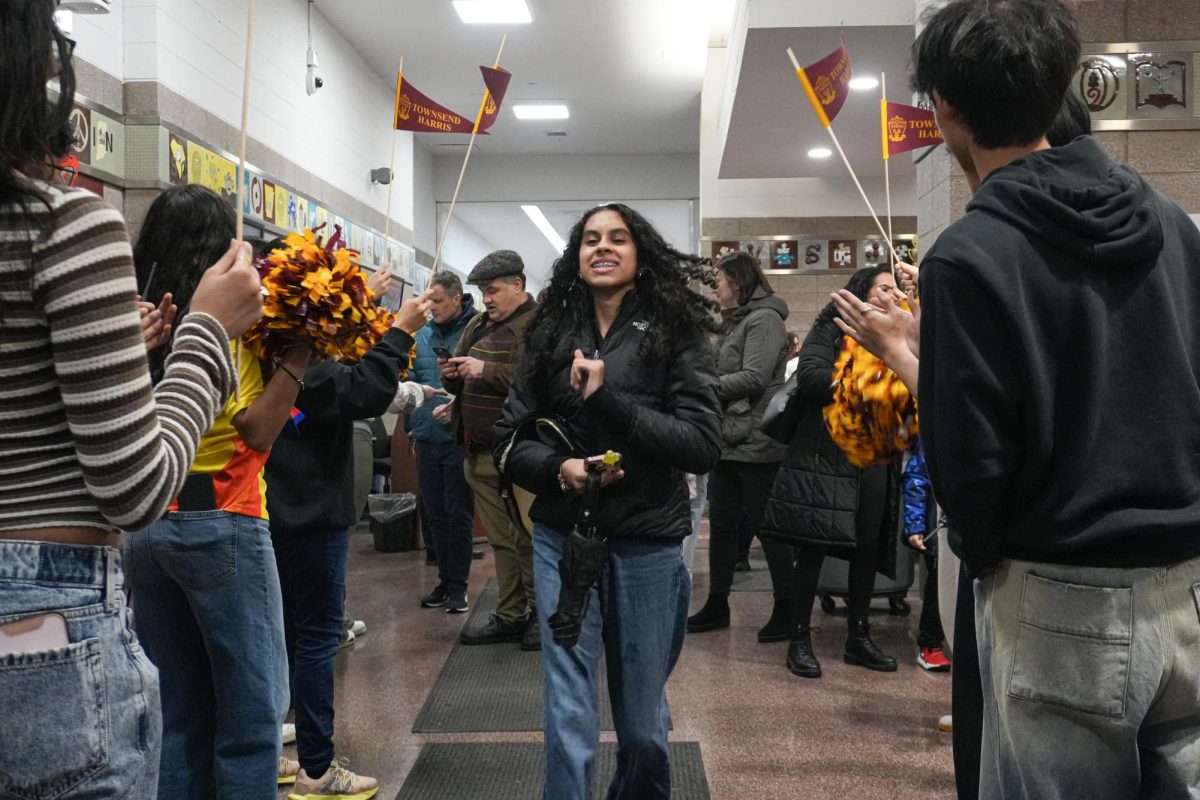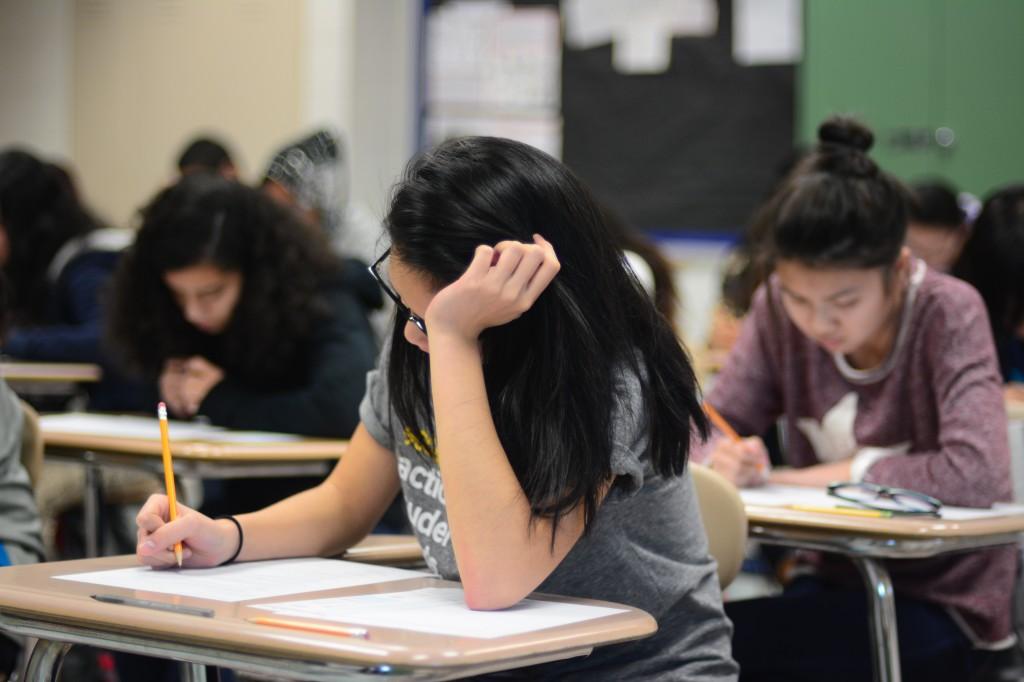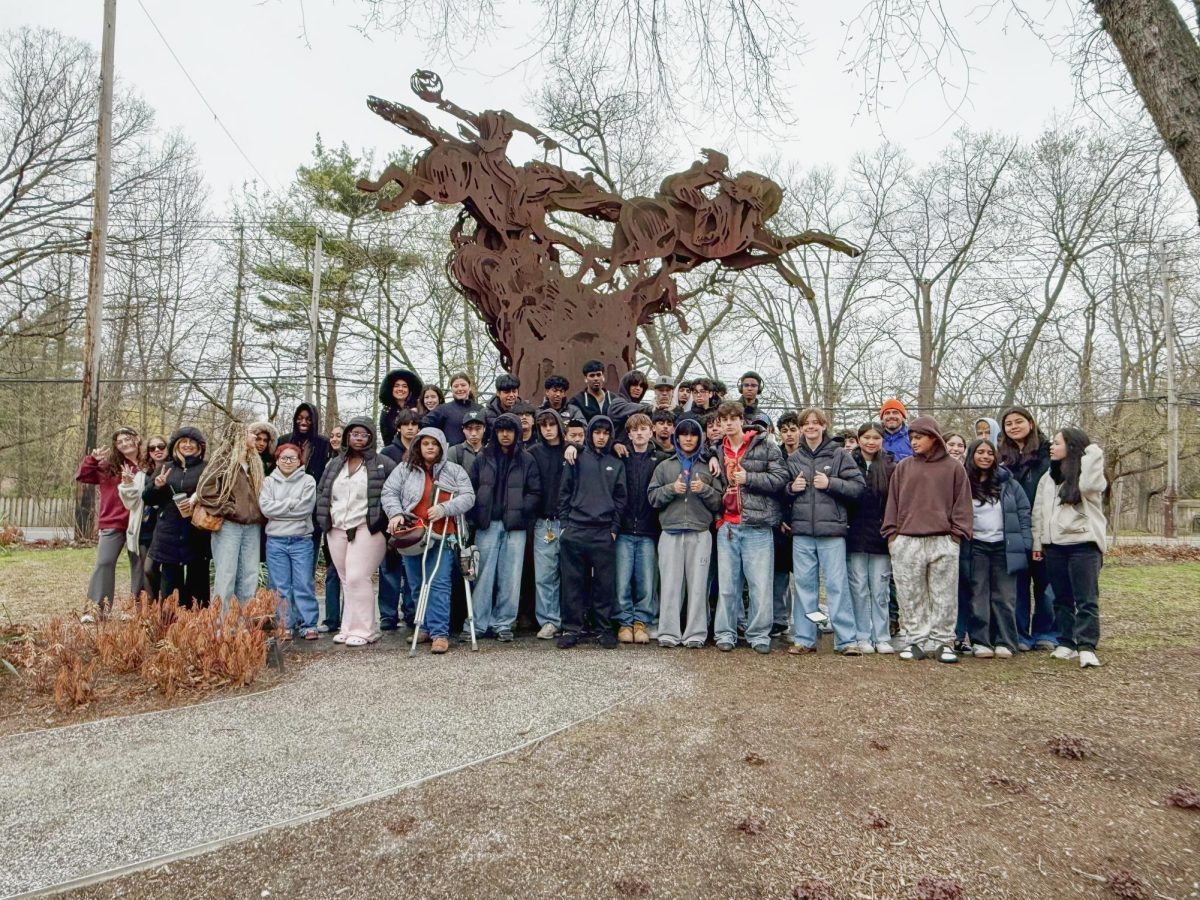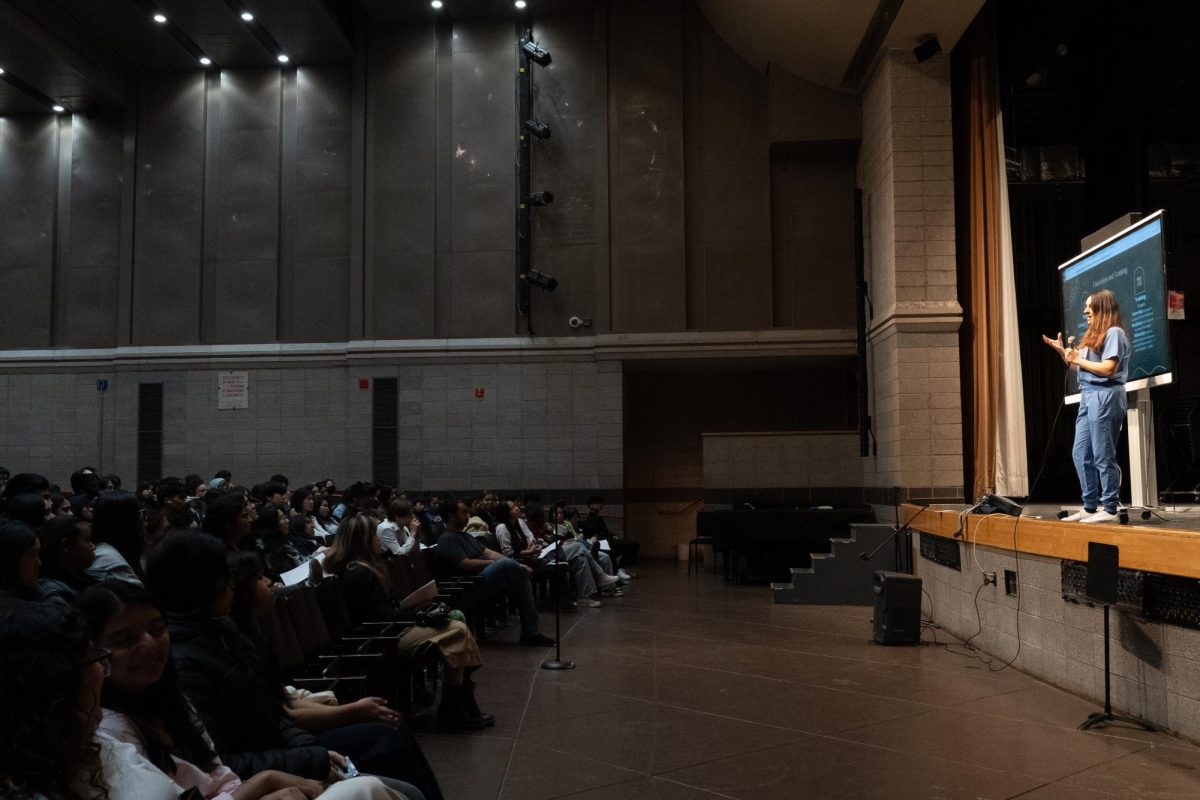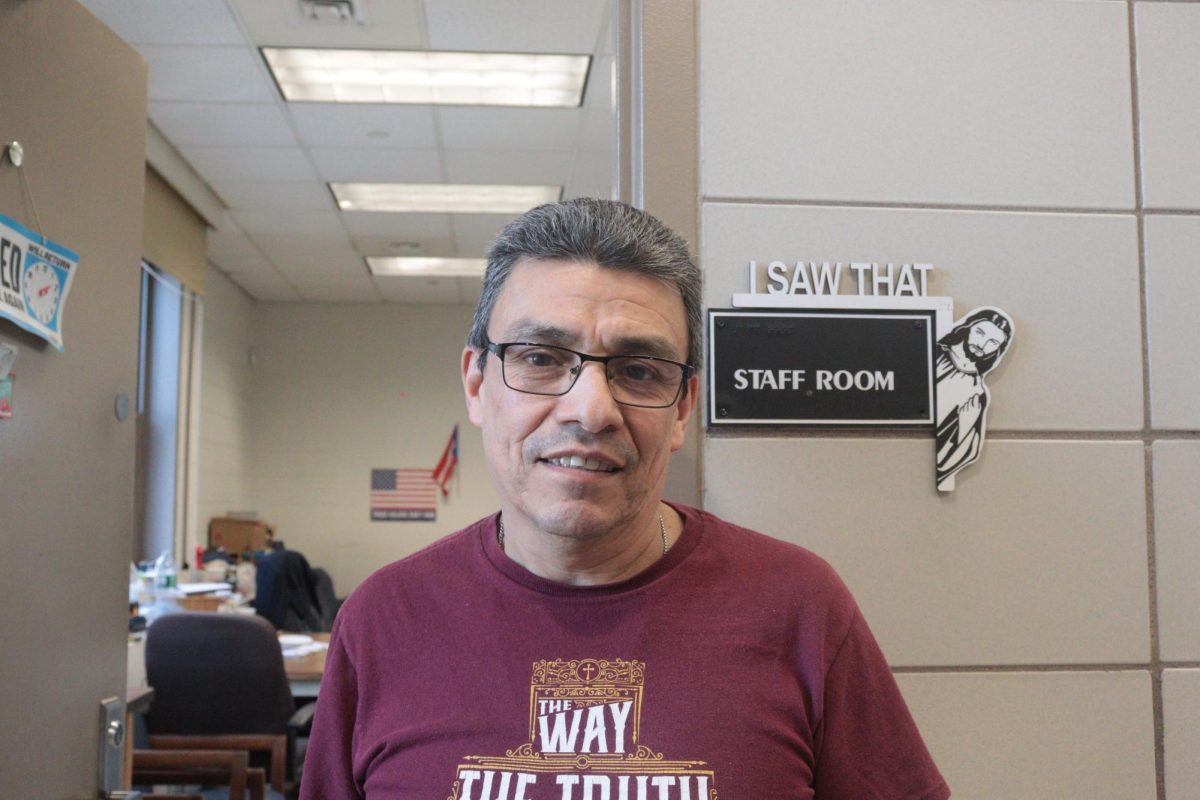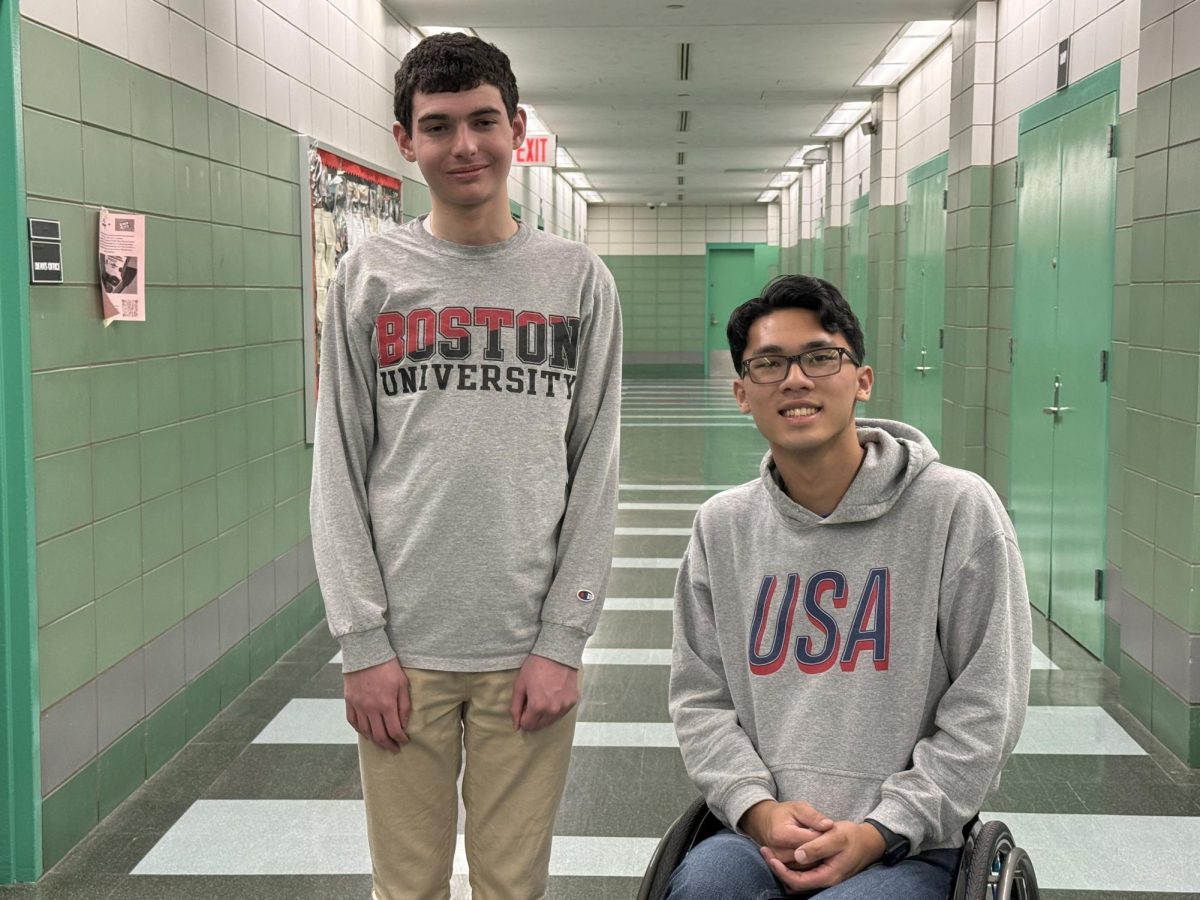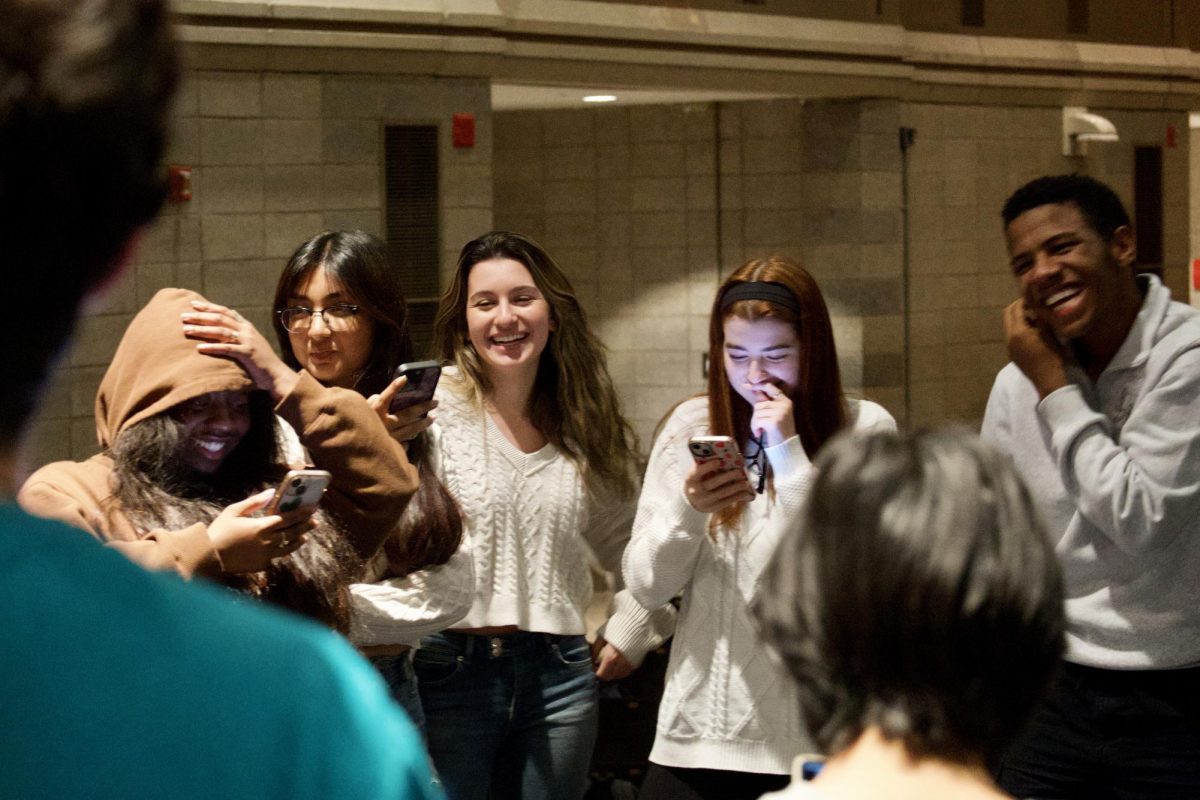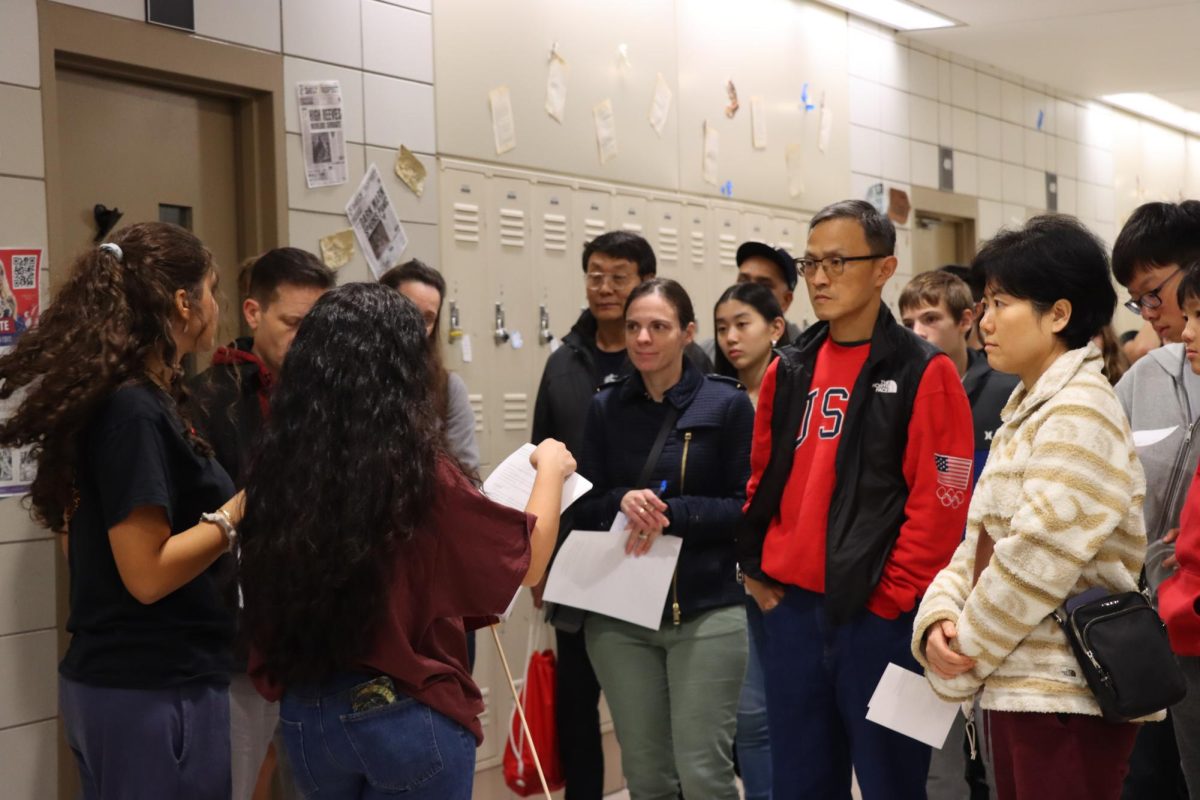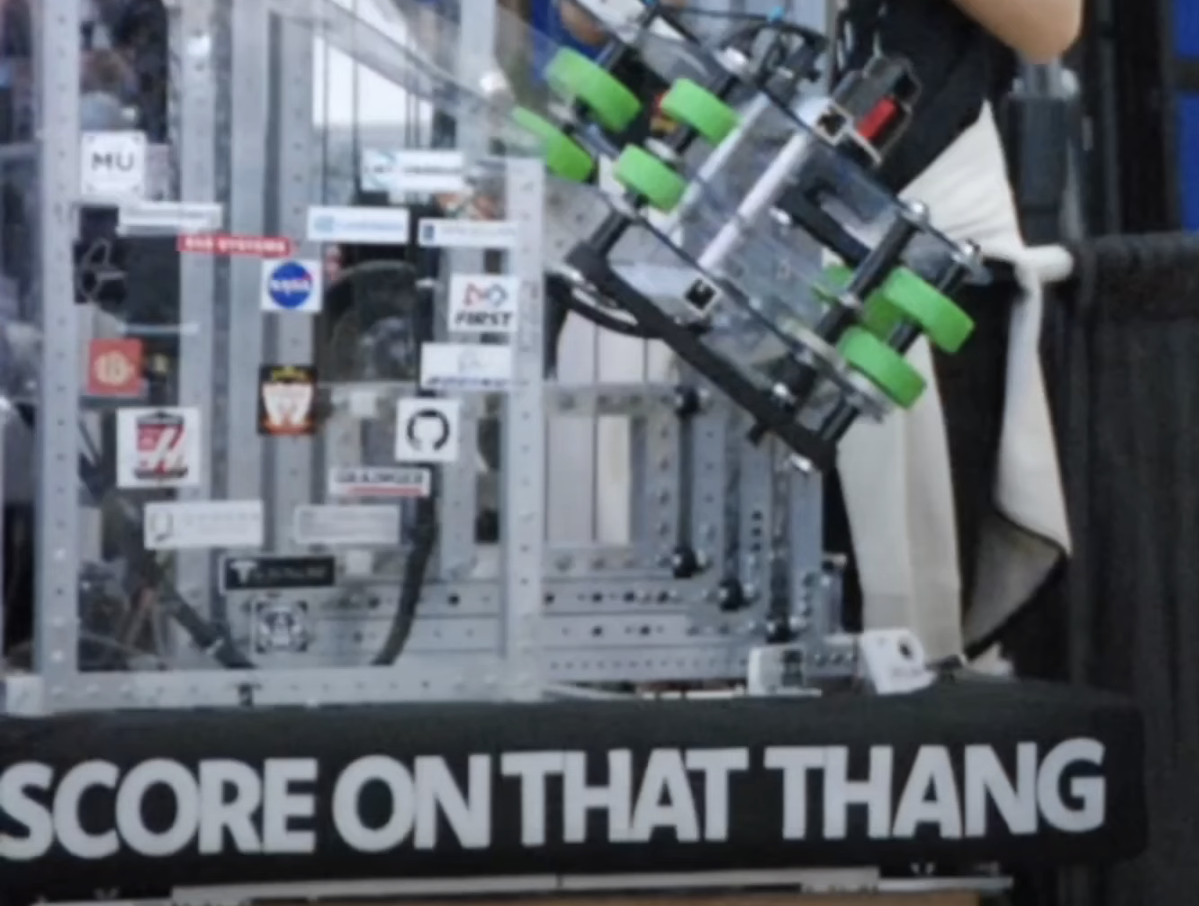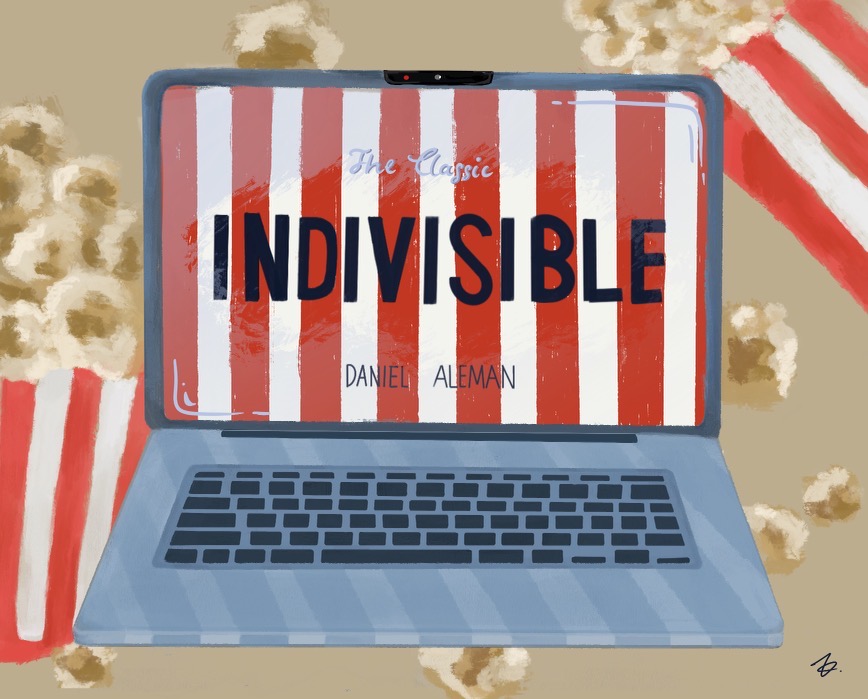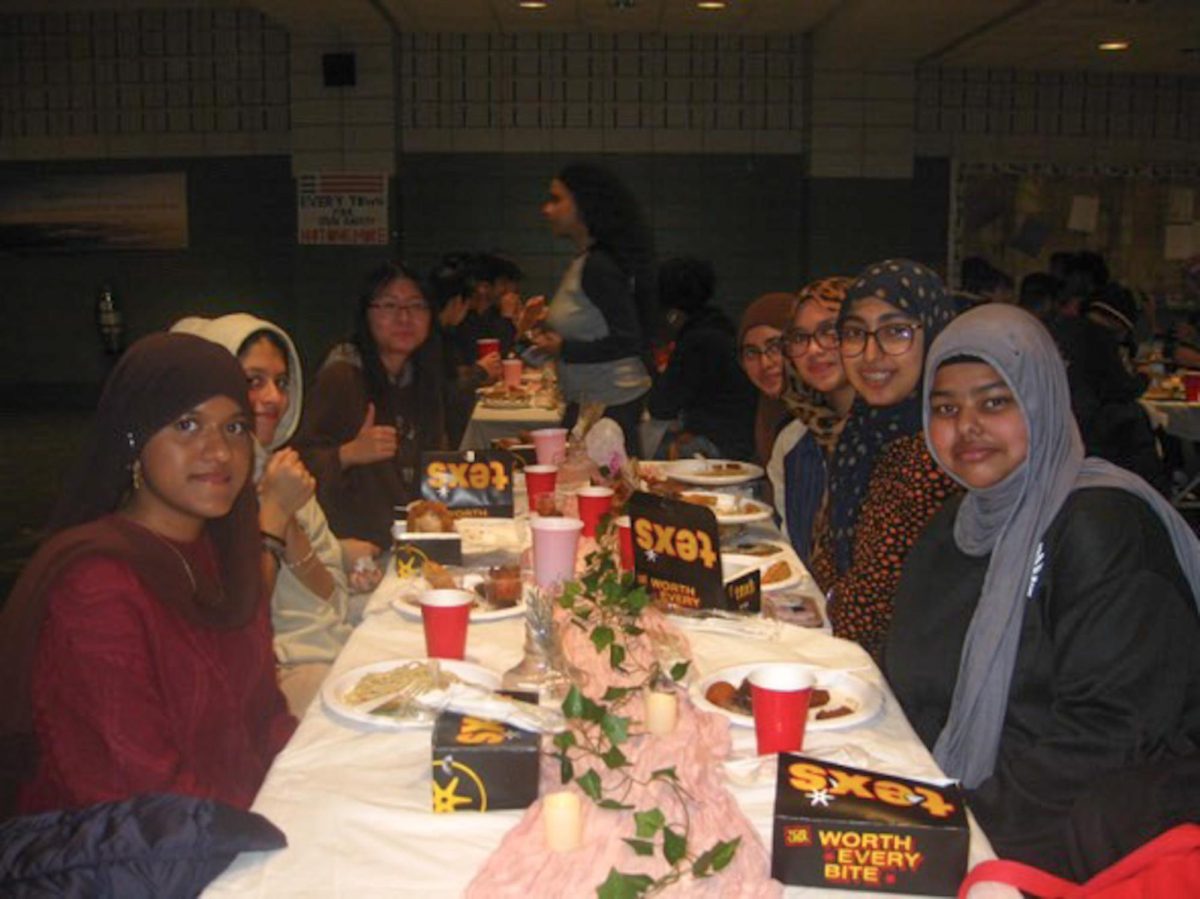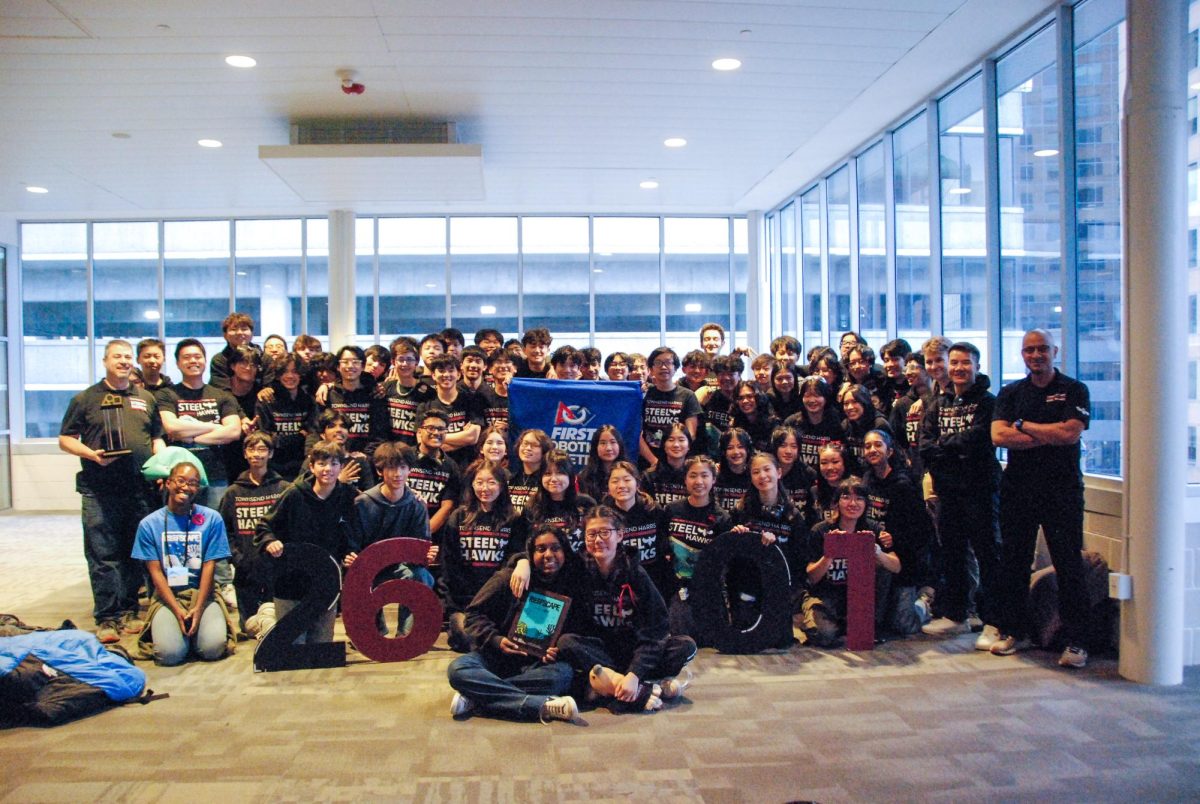
THE ANNUAL Student Union elections at Townsend Harris High School have come to a close once again, but the SU election process remains a mystery. Are students really informed about what goes on before and after an SU election? Many candidates ran unopposed this year, raising questions as to why others didn’t run. Was it because of personal disinterest or a lack of information regarding the election process?
The answer seems to be the latter.
The SU’s attempts to inform the student body about elections have clearly been unsuccessful. To begin with, only two emails notifying students on how to run were sent, and even then they failed to explain to students how the election process worked. To make things worse, many class senators neglected to inform the classes they represented about the opportunity to run for an SU position. Such negligence is what led to so many candidates being unopposed in the frst place, as only a fortunate few were aware of how to become candidates.
Nearly every year there are unopposed candidates. Students shouldn’t settle for the only person who signs up to run—they should have a choice as to who they want to represent them. Even if the unopposed candidates are qualifed to execute the tasks of their positions, that does not mean they should run without healthy competition. Without competition, candidates have no motivation to campaign enthusiastically and interact with the student body. This leaves students disengaged from the election process, only perpetuating the attitude of apathy students have towards the Student Union.
Even the process of becoming a class senator has issues. As of now, senators are required to attend a zero band in addition to their regular zero band class. This is a major impediment because if these students have zero band while the senate meetings are being held, they are not eligible to become a senator at all.
The presentation of the results of elections also needs reform.
To further inform students after the election, voting percentages should be made public. Releasing the results provides legitimacy to the winners of campaigns and quells unrest from those unsatisfed with the results. Those who succeeded in winning a sizable portion of the vote can also be encouraged to run again, knowing that their platforms were popular and worth a second try. Currently, however, a candidate would never know any of this because voting percentages are kept confdential. Although results may discourage some candidates, the benefts do more help than harm and individual losses cannot justify censoring information for the many.
THHS prides itself on its values of civic duty and community-based involvement, yet the path to becoming an ofcial in student government is plagued by miscommunication and an enormous lack of transparency


